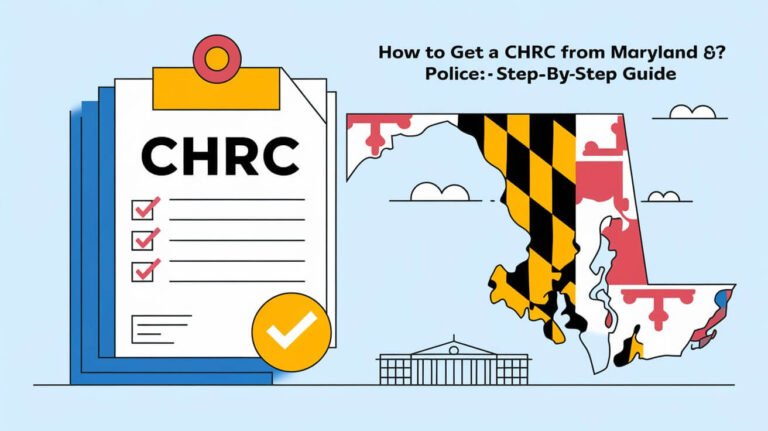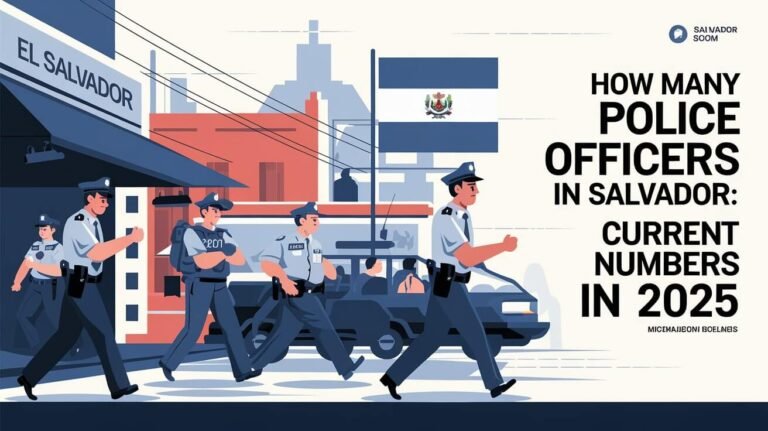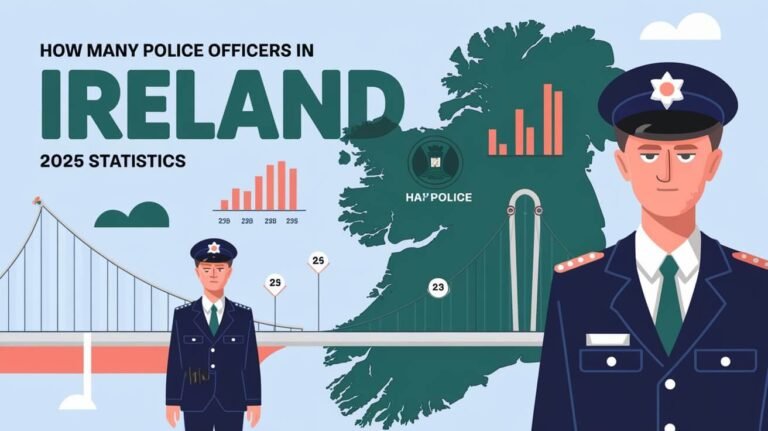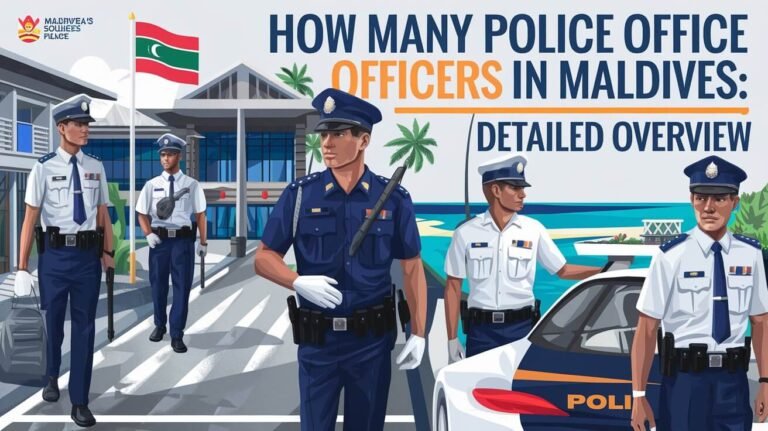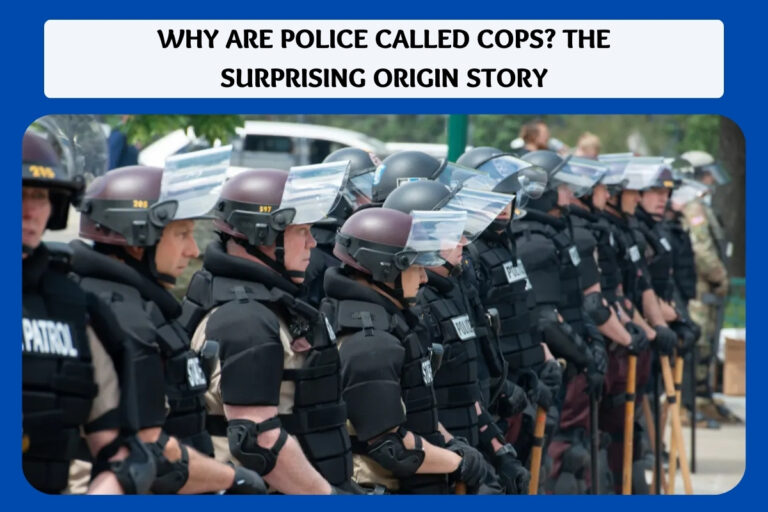Why Are Police Called “12”? Understanding the Origins
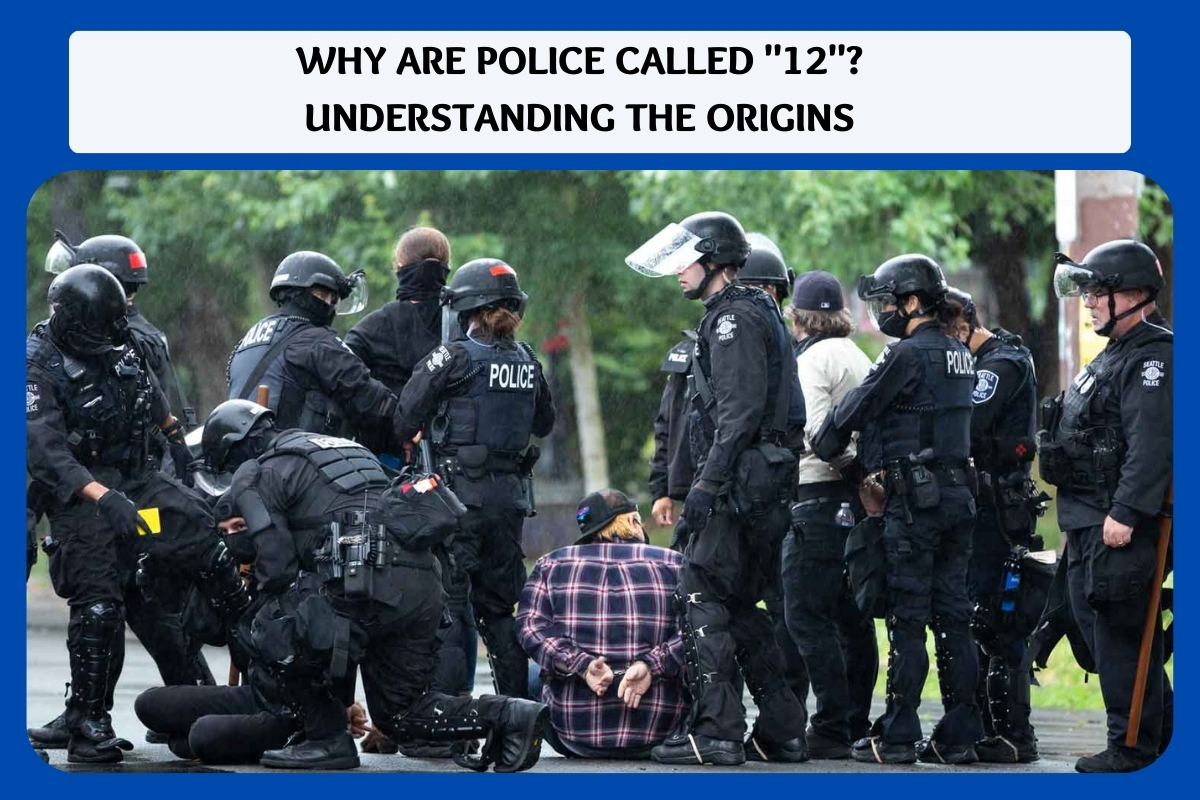
Have you ever come across the term “12” being used to refer to the police? If so, you’re not alone. This slang term has gained widespread popularity, particularly in certain regions and subcultures. But where did this unusual nickname originate, and what does it mean?
In this detailed blog post, we’ll explore the various theories surrounding the origins of calling the police “12”. We’ll dive into regional and cultural influences, historical context, linguistic perspectives, and even address controversies and criticisms surrounding this slang usage. By the end, you’ll have a comprehensive understanding of why police officers are sometimes referred to as “12”.
The Most Commonly Cited Theories
When it comes to the potential origins of the term “12” for police, a few theories seem to be the most widely cited and discussed.
The Adam-12 TV Show Connection
One popular theory suggests that the slang term “12” derives from the 1968s television series “Adam-12”. This police procedural drama followed the daily lives of two officers, Pete Malloy and Jim Reed, as they patrolled the streets of Los Angeles in their patrol unit, 1-Adam-12.
The show’s title and the constant reference to the officers’ unit number may have contributed to the eventual use of “12” as a shorthand for police officers among viewers and fans of the show.
The Police Radio Code Theory (10-12)
Another common explanation for the “12” slang term points to the police radio code system. Specifically, the code “10-12” was used to indicate that civilians or “visitors” were present in the area where police officers were going.
As this code gained popularity and usage, some suggest that it was eventually shortened to simply “12” as a way to quickly alert others about the presence of law enforcement nearby.
The “All Cops Are B****s” (ACAB) Theory
A more controversial theory proposes that “12” is derived from the acronym “ACAB,” which stands for “All Cops Are B******s.” In this context, the numbers “1312” are sometimes used to represent the letters in the acronym (1=A, 3=C, 2=B).
Over time, the theory suggests that this numerical representation may have been further shortened to just “12” as a derogatory way to refer to police officers.
Regional and Cultural Influences
While the term “12” is used in various contexts and locations, it seems to have gained particular traction and popularity in certain regions and cultural spheres.
Usage in Southern States, Especially Atlanta and Georgia
The slang term “12” appears to be most commonly used in the southern United States, with a strong presence in cities like Atlanta and throughout the state of Georgia. This regional popularity could be attributed to the influence of local hip-hop and rap music, as well as the term’s prevalence in urban youth culture.
Popularity in Rap and Hip-Hop Culture
Many well-known rap and hip-hop artists, particularly those hailing from the southern states, have incorporated the term “12” into their lyrics and music. Songs like “F*** 12” by Migos and references by artists like Gucci Mane and Quavo have undoubtedly contributed to the widespread use and recognition of this slang term within the rap/hip-hop community and beyond.
Historical Context and Evolution of Police Slang
To better understand the origins and significance of the “12” slang term, it’s helpful to consider the broader historical context of police forces and the evolution of slang terms used to refer to them.
Brief Overview of the Origins of Police Forces
The concept of organized, professional police forces can be traced back to the early 19th century, with the establishment of the Metropolitan Police in London in 1829. As these law enforcement agencies became more prevalent, various slang terms and nicknames began to emerge, often reflecting cultural attitudes and perspectives towards the police.
Other Common Slang Terms for Police (5-0, Po-Po, etc.)
Aside from “12,” there are numerous other slang terms used to refer to police officers, each with its own potential origins and connotations. Some examples include:
- “5-0” or “Five-O” (said to be derived from the TV show “Hawaii Five-O”)
- “Po-Po” (possibly originating from the term “police” being repeated)
- “The Fuzz” or “The Heat” (alluding to the idea of law enforcement being a nuisance or source of trouble)
These various slang terms highlight the often complex and evolving relationship between communities and law enforcement, as well as the cultural and linguistic influences that shape how we refer to authority figures.
Linguistic Perspectives and Analyses
From a linguistic standpoint, the use of the slang term “12” for police officers raises interesting questions and considerations.
The Role of Numbers and Numerical Slang
The incorporation of numbers into slang terms is not unique to “12” and is a phenomenon observed across various cultures and languages. Numbers can serve as efficient substitutes for words or concepts, often providing a sense of brevity and coded communication.
The Importance of Brevity and Efficiency in Slang
Slang, by its very nature, aims to provide concise and efficient ways of communication, particularly in spoken language where time and clarity are essential. The use of “12” as a shorthand for “police” exemplifies this principle, as it allows for quick and discreet communication among those familiar with the term.
Controversy and Criticisms
While the use of slang terms like “12” for police officers is widespread, it’s not without its controversies and criticisms.
Potential Negative Connotations or Disrespect
Some argue that referring to law enforcement with slang terms, particularly those with potential derogatory origins like the “ACAB” theory, can be seen as disrespectful or indicative of negative attitudes towards the police. There are concerns that such language perpetuates an “us vs. them” mentality and undermines the authority and importance of law enforcement agencies.
Debates Around the Use of Slang for Law Enforcement
On the other hand, proponents of slang usage argue that it is simply a cultural and linguistic phenomenon, reflecting the natural evolution of language and communication styles. They assert that the intent behind the term is not inherently negative or disrespectful, and that slang can serve as a means of self-expression and community identity.
These debates highlight the complex and nuanced nature of language, as well as the varying perspectives and experiences that shape how we perceive and use slang terms.
FAQs and Additional Insights
To further clarify and address common questions surrounding the use of “12” for police officers, here are some frequently asked questions and additional insights:
Is it disrespectful or inappropriate to use the term “12” when referring to police officers?
The appropriateness of using the term “12” can depend on the context and intent behind its usage. While some may perceive it as disrespectful or derogatory, others may view it as a culturally relevant and harmless slang term. It’s important to be mindful of the potential connotations and to use language that promotes mutual understanding and respect.
Are there any legal or professional implications for using slang terms like “12” in official or formal settings?
In official or professional contexts, it’s generally advisable to use more formal and widely accepted terminology when referring to law enforcement officers. The use of slang terms like “12” may be seen as unprofessional or inappropriate in certain settings, such as legal proceedings, official reports, or communications with law enforcement agencies.
How can I ensure I’m using slang terms like “12” in a respectful and culturally aware manner?
To use slang terms responsibly, it’s important to educate yourself on their origins, potential connotations, and cultural contexts. Be mindful of the audiences and situations in which you use such terms, and be open to feedback from those who may have different perspectives or experiences. Additionally, aim to use slang terms in a way that promotes understanding and unity, rather than division or disrespect.
Conclusion
As we’ve explored throughout this comprehensive blog post, the slang term “12” used to refer to police officers has a complex and multifaceted origin. From TV shows and radio codes to cultural influences and linguistic phenomena, the theories surrounding this term highlight the ever-evolving nature of language and its ability to reflect societal attitudes and experiences.
While the precise origin of “12” may remain shrouded in speculation, one thing is clear: its widespread usage, particularly in certain regions and subcultures, has cemented its place in the lexicon of police-related slang. Whether seen as a harmless cultural expression or a source of controversy, the term “12” serves as a reminder of the intricate relationships between language, authority, and the diverse communities that shape our linguistic landscapes.

